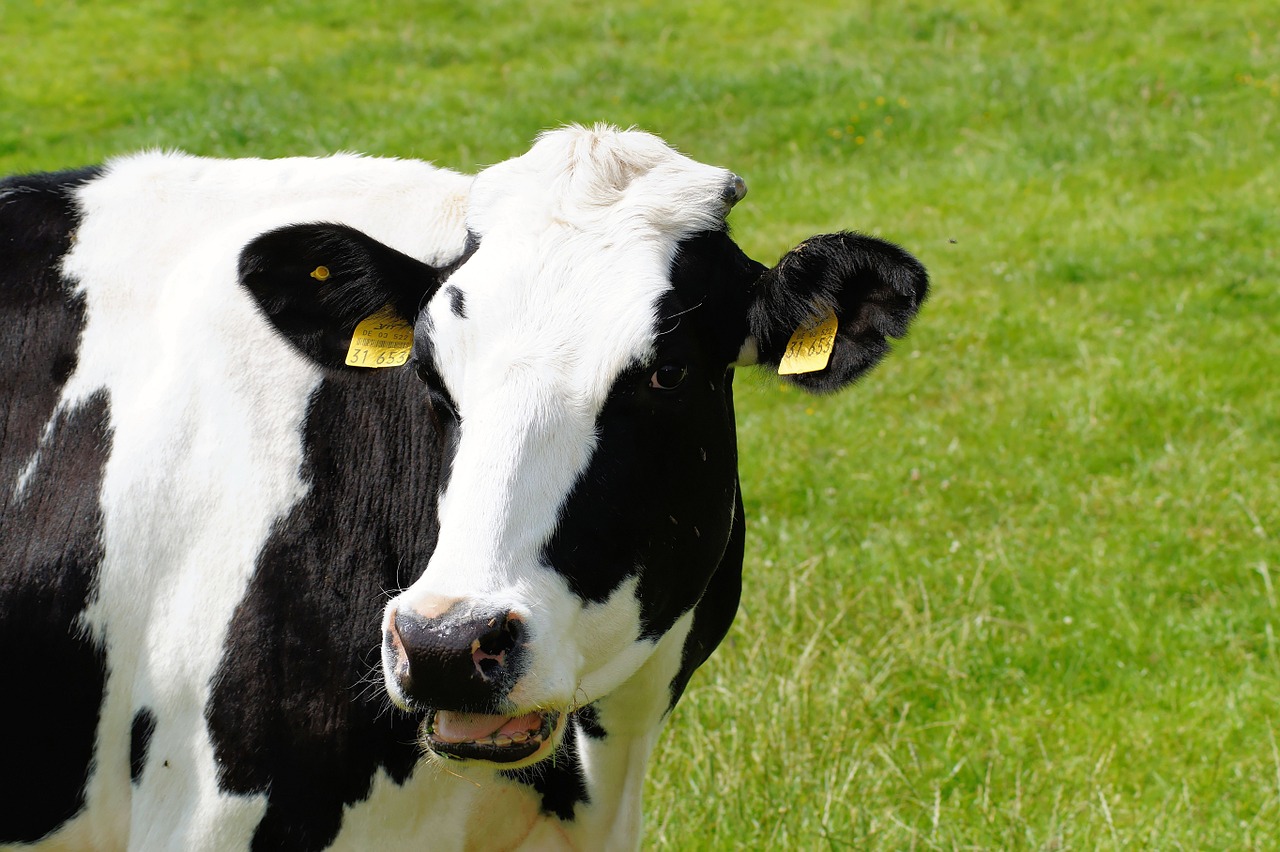
Eating dairy does not raise the risk of suffering a heart attack or stroke, a team of international experts have found.
The research, published in the European Journal of Epidemiology, has challenged the widely held belief that dairy products can damage health. But scientists have dismissed such fears as a “mistaken belief”.
Full-fat cheese, milk and yoghurt do not increase the risk of death from any cause and from either serious heart problems or cardiovascular disease, a meta-analysis of 29 studies found.
The study concluded that such foodstuffs did not raise the risk of any of those events and had a “neutral” impact on human health.
The NHS warns, in public information on milk and dairy, that too much saturated fat builds up cholesterol which can lead to a heart attack or stroke.
But the research team, including the University of Reading, concluded that dairy has only a ‘neutral’ impact on human health.
“This meta-analysis showed there were no associations between total dairy, high- and low-fat dairy, milk and the health outcomes including all-cause mortality, coronary heart disease or cardiovascular disease,” says the report.
'Mistaken belief'
Ian Givens, a professor of food chain nutrition at Reading University, who was one of the researchers, said: “There’s quite a widespread but mistaken belief among the public that dairy products in general can be bad for you, but that’s a misconception. While it is a widely held belief, our research shows that that’s wrong.
“There’s been a lot of publicity over the last five to 10 years about how saturated fats increase the risk of cardiovascular disease and a belief has grown up that they must increase the risk, but they don’t.”
Doctors, public health experts and official healthy eating guidelines have for many years identified saturated fats as potentially harmful for heart and cardiovascular health and advised consumers to minimise their intake.
That has led to consumers increasingly buying lower-fat versions of dairy products. For example, 85% of all milk sold in the UK is now semi-skimmed or skimmed.
Young people, especially young women, were now often drinking too little milk as a result of health concerns, which could damage the development of their bones and lead to conditions in later life including osteoporosis, or brittle bones, Givens said.
